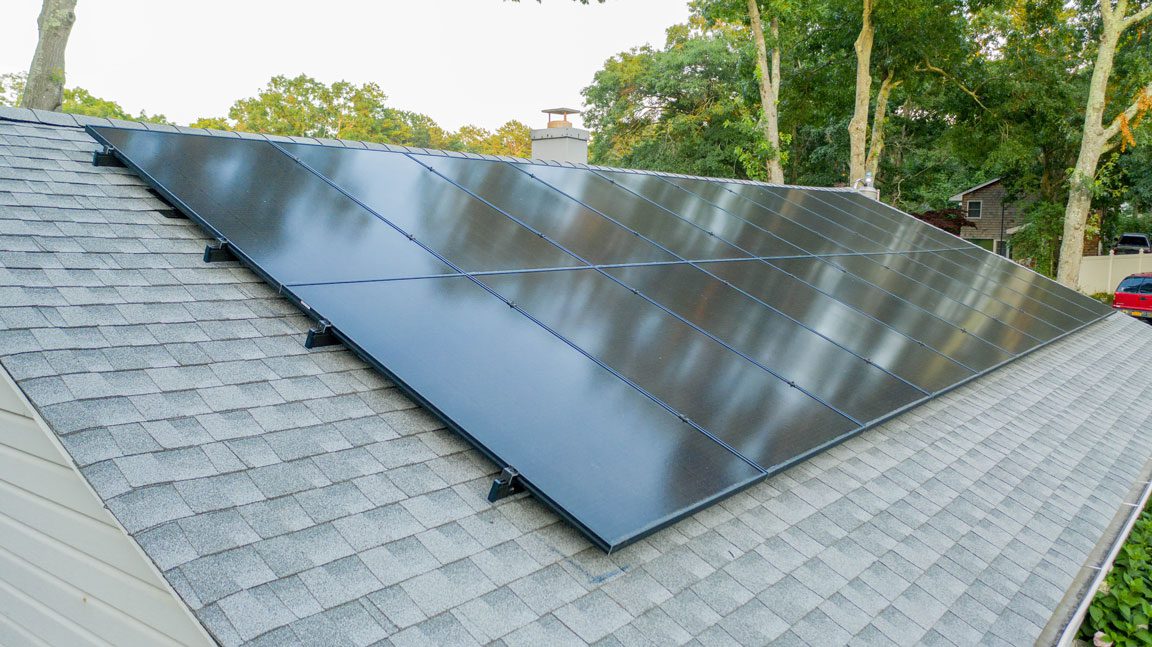Did you know that over 27% of California’s energy is generated by solar photovoltaics (PVs)? And while the West Coast is leading the way in solar energy production, New York and New Jersey are both top ten US solar producers. In 2021, New York State ranked in the top five small-scale solar energy producers. That same year, New Jersey ranked ninth, generating 7% of the state’s energy with solar power.
Solar energy production is expected to continue increasing within New York and New Jersey; however, we must rapidly transition from carbon-emitting fossil fuels to clean energy like solar to effectively staunch climate change.
What Is Small-Scale Solar?
Earlier, we mentioned that New York is one of the nation’s largest small-scale solar energy producers. But what is small-scale solar?
Small-scale solar PV installations, defined by EIA as having capacity of less than 1 megawatt (MW), are usually located at the customer’s site of electricity consumption. These small-scale PV installations are also called behind-the-meter, customer-sited, or distributed generation capacity. Although each distributed PV system is very small—a typical size for residential PV systems is 5 kilowatts (kW), or 0.005 MW—there are hundreds of thousands of these systems across the country that add up to a substantial amount of electricity generating capacity.
–US Energy Information Administration
For a better scope of the significance of small-scale solar, behind-the-meter installations currently account for over 80% of New Jersey’s solar energy production.

What Are Some of the Primary Benefits of Solar Energy?
What Are the Financial Benefits of Solar Energy?
By reducing the electricity you get from the grid, solar lowers your bill. How much you can save depends on the electric rates in your area. There may also be significant federal, State, and local tax credits for installing solar at your home.
What Are the Environmental and Health Benefits of Solar Energy?
Solar is one of the cleanest forms of renewable energy. By switching to solar, you reduce your carbon footprint and help New York fight climate change. Solar also reduces the presence of harmful air pollutants like sulfur dioxide, which may cause serious health problems. Ultimately, by going solar, you are contributing to a cleaner and healthier community.
How Will I Be Compensated for My Solar Energy?
With solar, your home can go from being an energy consumer to being an energy producer. Electric utilities will credit your bill for the power your home produces using solar panels. You’ll only pay for electricity if you use more than what your solar panels generate during that billing cycle. Any excess electricity you produce that month becomes a credit on your next electricity bill.


Related News: Solar Power Incentives for New York Homeowners

